
Thyroid surgeries involve the removal of part or all of the thyroid gland to treat conditions like thyroid cancer, goiter, hyperthyroidism, or nodules. Common procedures include thyroidectomy (total or partial removal of the thyroid gland) and lobectomy (removal of one lobe). These surgeries help restore hormonal balance and relieve symptoms such as difficulty swallowing, breathing issues, or hormonal dysfunction.
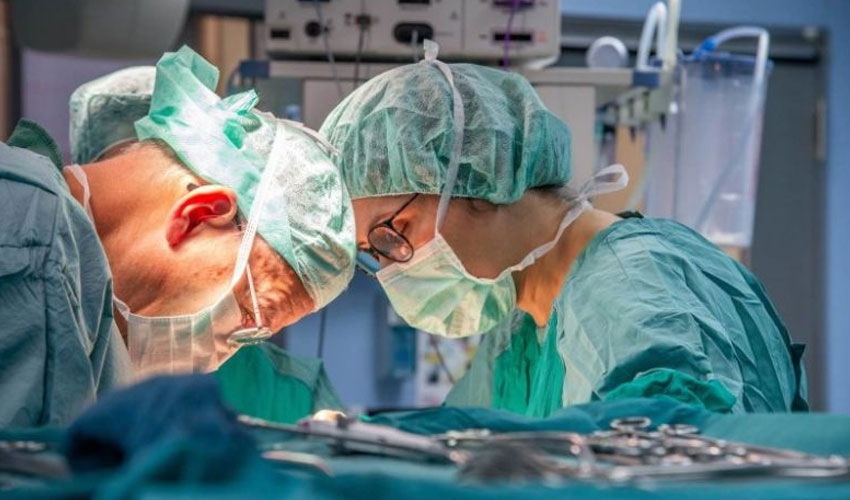
Breast surgeries encompass procedures for both benign and malignant breast conditions. These include lumpectomy (removal of a tumor while preserving the breast), mastectomy (removal of one or both breasts for cancer treatment), and breast reconstruction (restoring the breast shape after mastectomy). Other procedures, such as breast reduction or augmentation, address functional and cosmetic concerns.
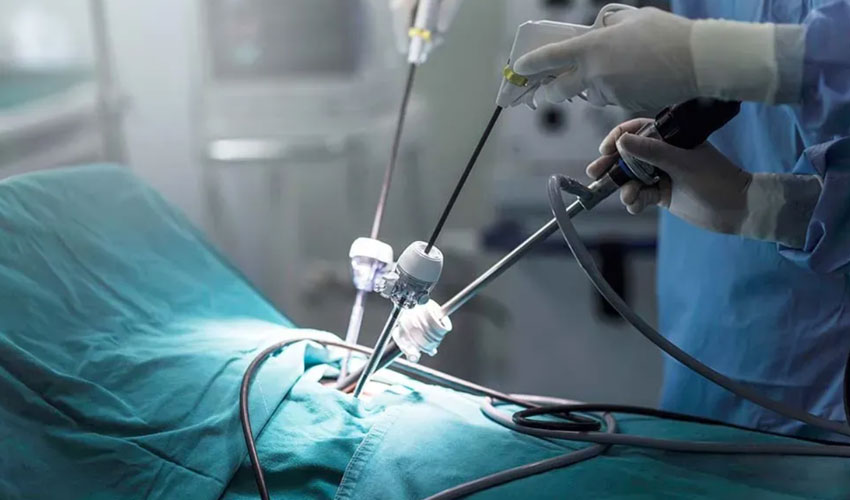
These surgeries treat conditions affecting the digestive tract, including the stomach, intestines, and colon. Laparoscopic surgery involves small incisions and a camera-assisted technique for procedures like gallbladder removal, hernia repair, and bariatric surgery. Open surgery is used for complex cases such as bowel resection for cancer or perforated ulcers, ensuring effective treatment of gastrointestinal disorders
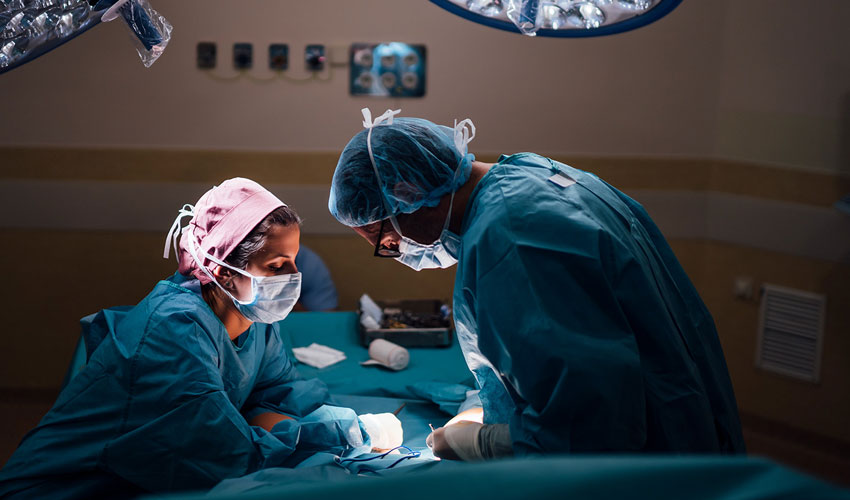
Liver surgeries involve removing liver tumors, treating liver diseases, or performing liver transplants. Procedures include hepatectomy (removal of part of the liver due to cancer or benign tumors), liver cyst drainage, and liver transplant for end-stage liver failure. These surgeries require precision due to the liver’s vital role in metabolism and detoxification
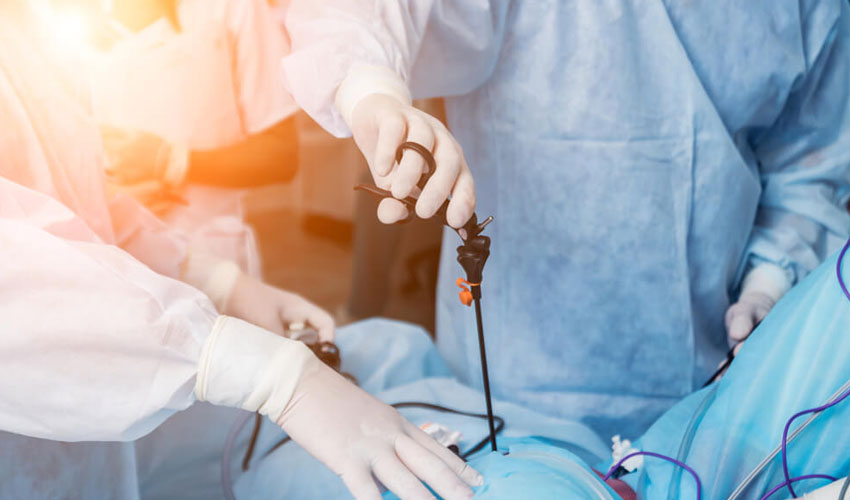
These surgeries address conditions related to the female reproductive system, including the uterus, ovaries, and fallopian tubes. Common procedures include hysterectomy (removal of the uterus), myomectomy (removal of fibroids), ovarian cystectomy (removal of ovarian cysts), and endometriosis surgery. Laparoscopic techniques offer minimally invasive options with faster recovery compared to open surgeries.

Genitourinary surgeries treat conditions affecting the urinary and reproductive systems in both men and women. These include prostatectomy (removal of the prostate for cancer or enlargement), kidney surgeries (for stones, tumors, or transplants), and bladder surgeries (for cancer, incontinence, or obstruction). These procedures help restore urinary function and improve quality of life.
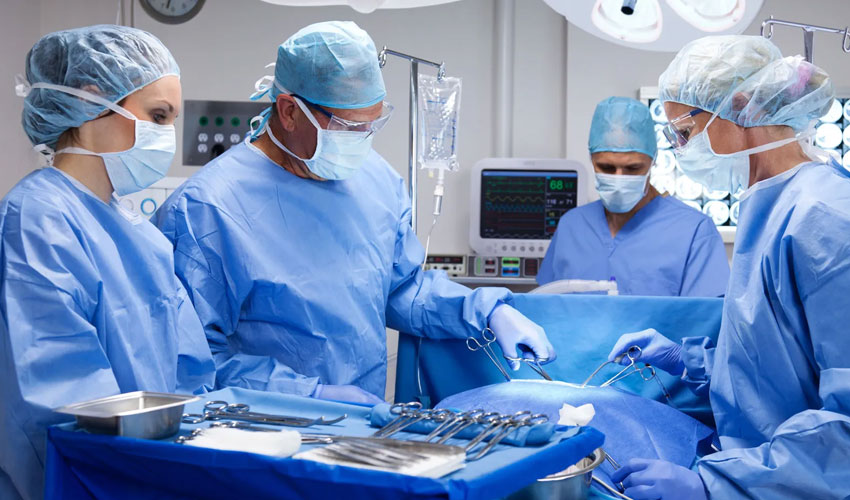
These surgeries involve the removal of benign or malignant tumors from the skin, fat, muscles, or connective tissues. Common procedures include excision of skin cancers (melanoma, basal cell carcinoma), lipoma removal, and sarcoma surgery. Early intervention helps prevent the spread of cancer and ensures better cosmetic and functional outcomes.
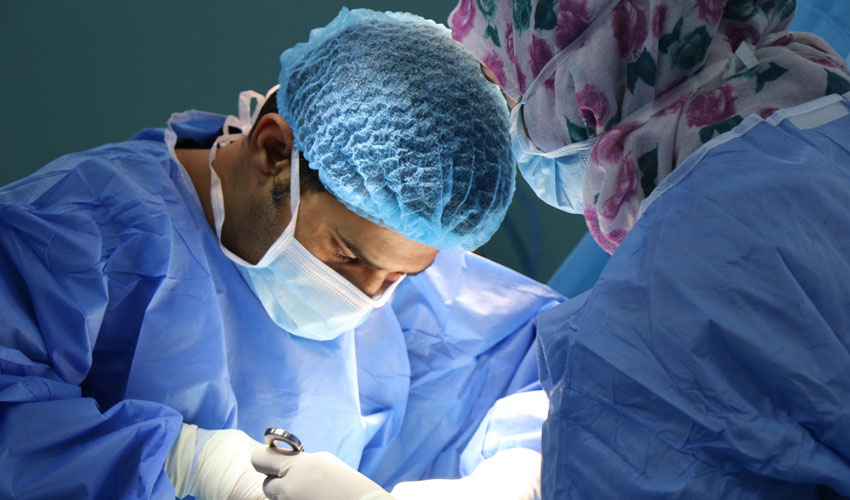
Bone tumor surgeries involve removing tumors from bones while preserving as much healthy tissue as possible. Procedures include limb-sparing surgery (removing tumors while maintaining function), amputation (in severe cases), and bone grafting (to reconstruct bone defects). These surgeries are crucial for treating bone cancers like osteosarcoma and Ewing’s sarcoma.
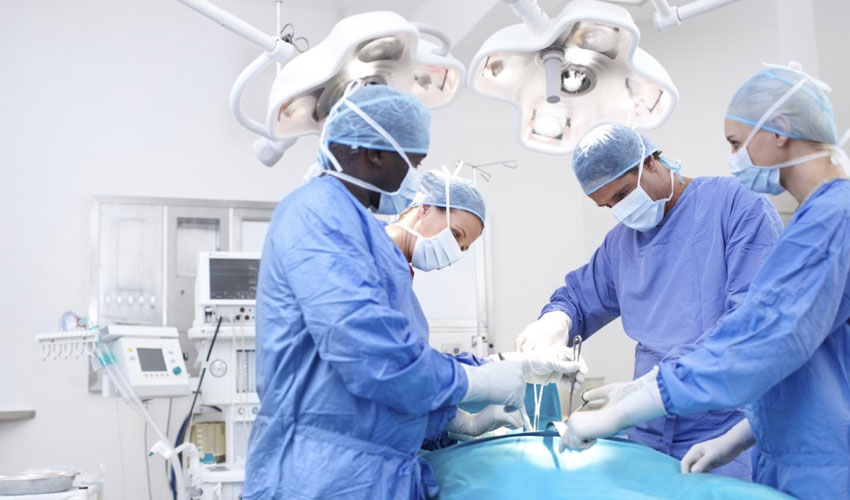
These surgeries focus on removing cancers affecting the mouth, throat, larynx, salivary glands, and nasal cavities. Procedures include laryngectomy (removal of the voice box), glossectomy (removal of part or all of the tongue), and neck dissection (removal of lymph nodes to prevent cancer spread). These surgeries aim to eliminate cancer while preserving speech, swallowing, and appearance as much as possible.
Copyrights © 2025 Kannan Hospital. Developed by YOGA’S IT Solutions